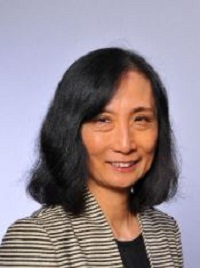 Lin X. Chen, Northwestern University, United States
Lin X. Chen, Northwestern University, United States
I'm a Professor of Chemistry at Northwestern University and a Senior Chemist in Argonne National Laboratory. I received my Ph.D. from the University of Chicago. After my postdoctoral research at UC Berkeley, I joined Argonne as a staff scientist.
In 2007, I joined Northwestern University. My research is focused on fundamental light-matter interactions of different solar energy conversion platforms, including excited state molecular structural dynamics in photocatalytic processes and photovoltaic materials; understanding roles of ultrafast and coherent electronic and atomic motions in in photochemical reactions, and functional structural dynamics of biomacromolecules on multiple spatial and temporal scales. My main tools for research are ultrafast laser and X-ray spectroscopy/scattering and other property/structural methods in collaborations with theorists and chemists making molecules and materials.
I was awarded one of the highly cited scientists in 2019 by the Web of Science, with >230 publications, and >200 invited lectures. I have been members of the Research Council for the Chemical, Biological and Geological Sciences Division, Basic Energy Science, US Department of Energy, the Advisory Editorial Board of Journal of Physical Chemistry and Chemical Physics Letters, Senior Editor of ACS Energy Letters, and the International Science Advisory Committee for π-Functional Materials. I am an AAAS Fellow and have won distinguished performance award at Argonne.
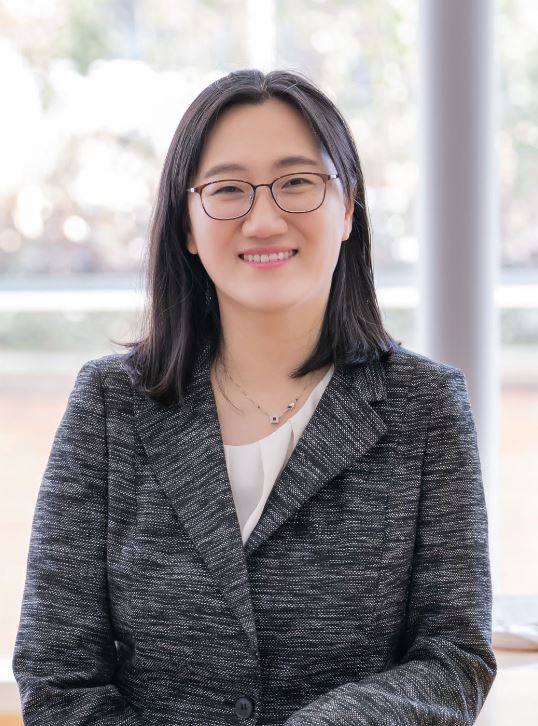 Yun Jeong Hwang, Seoul National University, South Korea
Yun Jeong Hwang, Seoul National University, South Korea
Yun Jeong Hwang received her Bachelor’s and Master’s degree in Chemistry from Korea Advanced Institute of Science and Technology in 2003 and 2005. She then moved to USA for her PhD to work with Professor Peidong Yang at University of California, Berkeley where her research focused on photoelectrochemical water splitting using semiconductor nanowires.
In June 2012, she joined the clean energy research center at Korea Institute of Science and Technology (KIST) where she started to work on electro-catalytic materials for CO2 reduction and water oxidation for a sustainable carbon cycle technology. She is currently a principal researcher of KIST and also a professor at the Energy and Environmental Department in Korea University of Science and Technology.
Her research interests focus on synthesis and surface characterization of electrocatalyst and photoelectrocatalyst materials to understand the catalytic activities, specifically electrocatalytic CO2 reduction, water electrolysis, photoelectrochemical water splitting, and solar fuel conversion reactions. She has published about 100 peer-reviewed articles in the field of catalyst materials for energy and environmental applications.
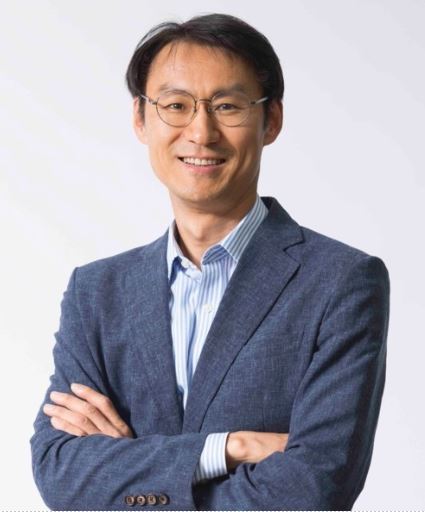 Yousung Jung, Seoul National University, South Korea
Yousung Jung, Seoul National University, South Korea
Yousung Jung is a Professor of Chemical and Biological Engineering at Seoul National University. His research background and current interests involve quantum chemistry and machine learning to develop efficient methods for fast and accurate simulations of complex molecular and materials systems and their applications toward the understanding of molecules and materials for new discovery. Some of his recent works include using data science and machine learning to understand the structure-property-synthesizability relations for molecules and materials and using the obtained knowledge for inverse design. He received his PhD in Theoretical Chemistry from the University of California, Berkeley, with Martin Head-Gordon. After postdoctoral work at Caltech with Rudy Marcus, he joined the faculty at KAIST in 2009 and recently moved to Seoul National University in 2023. He has received the following awards: the Hanseong Science Award from Hanseong Son Jae Han Foundation; the KAIST Technology Innovation Award; the Pole Medal by the Asia-Pacific Association of Theoretical and Computational Chemists; a Korean Chemical Society Young Physical Chemist Award, and a KCS-Wiley Young Chemist Award.
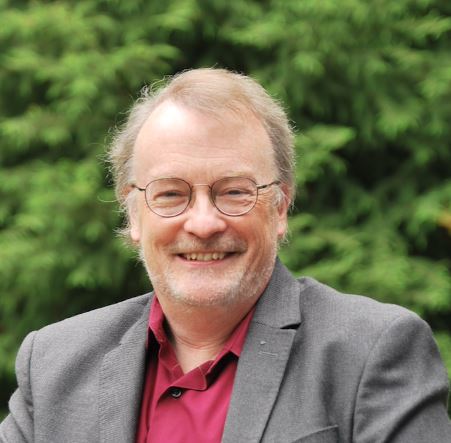 James K. McCusker, Michigan State Univeresity, United States
James K. McCusker, Michigan State Univeresity, United States
I am Professor of Chemistry and Director of the Center of Research Excellence in Complex Materials (CORE-CM) at Michigan State University, where I have been teaching since 2001. Prior to this I was Assistant Professor of Chemistry at the University of California, Berkeley. I received my undergraduate from Bucknell University (1987) and my PhD from the University of Illinois at Urbana-Champaign (1992), then joined the University of North Carolina as an NIH Postdoctoral Fellow, where I worked with Professor Thomas J. Meyer from 1992-94.
My group’s research revolves around the ultrafast excited-state dynamics of transition metal complexes – in particular as this relates to the development of solar energy conversion strategies – as well as the interplay between zero-field spin polarization and the physical and photophysical properties of molecular systems.
 Martyn McLachlan, Imperial College, United Kingdom
Martyn McLachlan, Imperial College, United Kingdom
Dr Martyn McLachlan is a Reader (Associate Professor) and Director of Undergraduate Studies in the Department of Materials, Imperial College London. Previously he held a Royal Academy of Engineering/EPRSC Research Fellowship (2007-2012) at the same institute. His research interests focus on the development of solution processed interlayer and electrode materials for photovoltaic and light emitting devices.
Of particular interest to him are the correlation of processing-structure-performance relationships of solution processed organic, inorganic and hybrid devices and the characterisation of their surfaces and buried interfaces. His research is aimed at the integration of the materials and techniques developed into large volume manufacturing of plastic electronics.
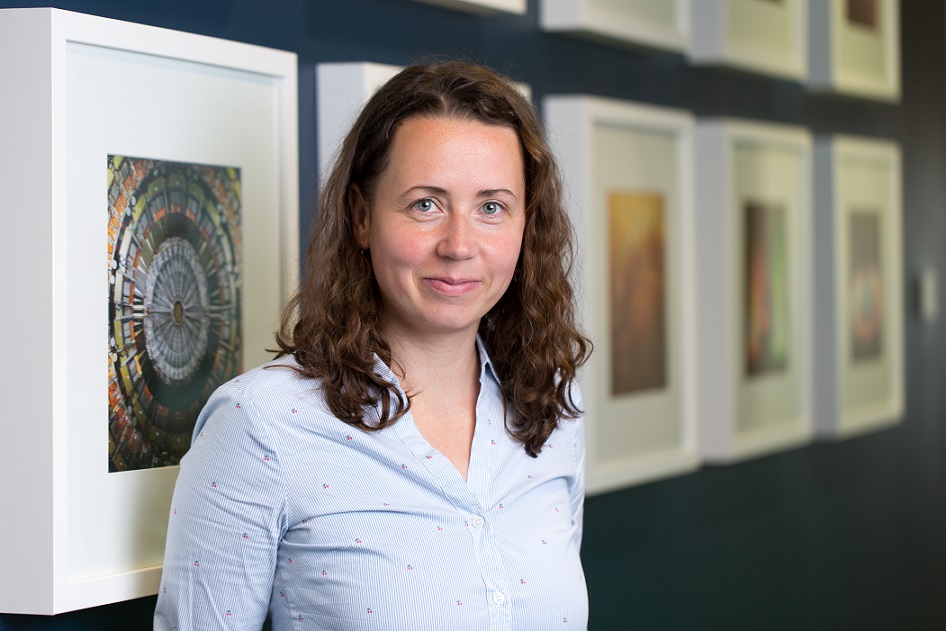 Michaela Muehlberg, Royal Society of Chemistry, United Kingdom
Michaela Muehlberg, Royal Society of Chemistry, United Kingdom
Michaela Muehlberg is the Executive Editor for the RSC’s Materials & Nano portfolio including Materials Horizons, Journals of Materials Chemistry A, B and C, and Nanoscale Horizons and Nanoscale. She has been with the Royal Society of Chemistry since 2014 working on a variety of RSC journals including RSC Advances, Chemical Communications and Faraday Discussions. Previous to that she studied chemistry at the Free University of Berlin, Germany and Université Paris-Sud, France, and obtained a PhD in bioorganic chemistry from the Free University of Berlin, Germany and the Leibniz-Forschungsinstitut für Molekulare Pharmakologie (FMP), Germany.
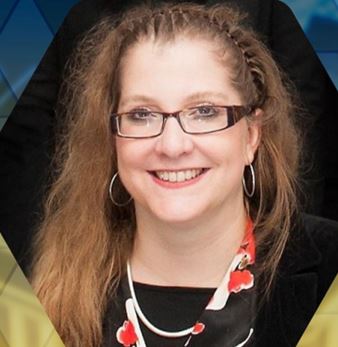 Natalie Stingelin, Georgia Institute of Technology, United States
Natalie Stingelin, Georgia Institute of Technology, United States
Natalie Stingelin (Stutzmann) is a Full Professor of Materials Science at the Georgia Institute of Technology, with prior positions at Imperial College London; the Cavendish Laboratory, University of Cambridge; Queen Mary University of London, the Philips Research Laboratories, Eindhoven; and ETH Zürich. She is the Director of the Center for Organic Photonics and Electronics (COPE) at Georgia Tech and Editor-in-Chief of the Royal Society of Chemistry Journal, the ‘Journal of Materials Chemistry C’.
She has been elected to the class of 2019 MRS Fellows, and is a Fellow of the Royal Society of Chemistry since 2012.[image block]She was awarded, among other things, a Chaire Internationale Associée by the Excellence Initiative of the Université de Bordeaux in 2016, the Institute of Materials, Minerals & Mining's Rosenhain Medal and Prize in 2014, and the Chinese Academy of Sciences (CAS) President's International Fellowship Initiative (PIFI) Award for Visiting Scientists in 2015. While at Imperial College, she was recipient of a European Research Council (ERC) Starting Grant, as well as an ERC Proof of Concept grant.
She was, among others, the Chair of the 2016 Gordon Conference on 'Electronic Processes in Organic Materials' and the Zing conference on ‘Organic Semiconductors’. In 2018, she organized the 14th edition of the International Conference of Organic Electronics (ICOE). She has published >180 papers in the area of organic electronics & photonics, bioelectronics, physical chemistry of organic functional materials, and smart inorganic/organic hybrid systems.
















